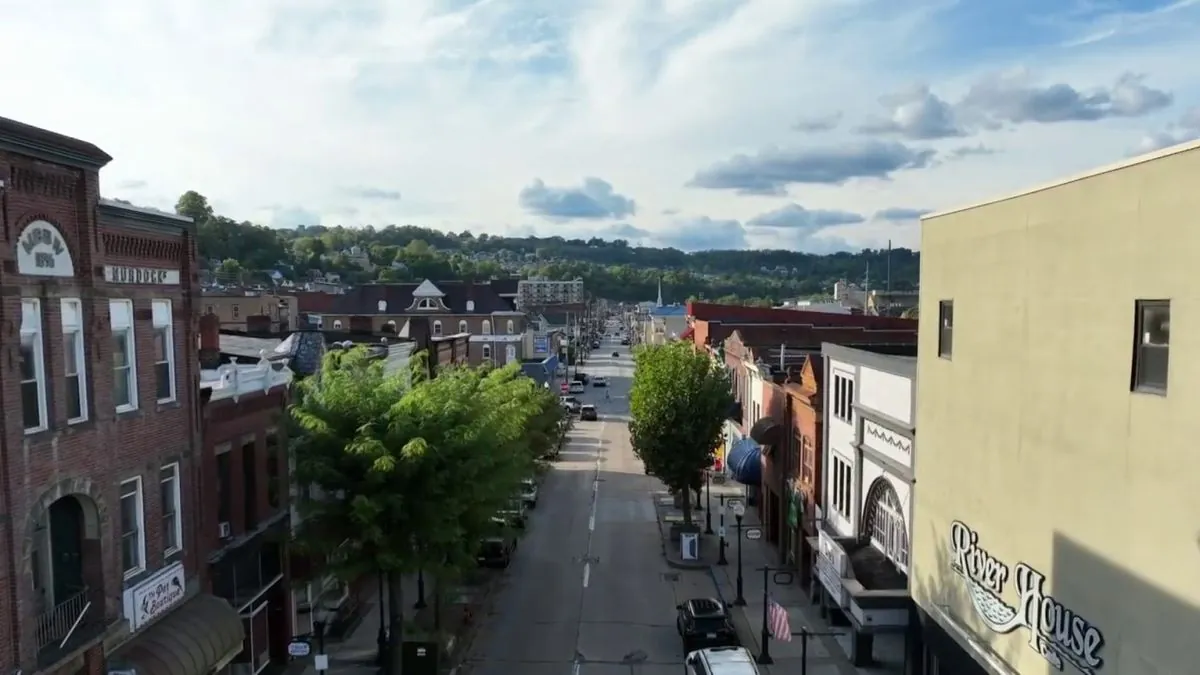In September 2024, Camera Bartolotta, a Republican state senator from Pennsylvania, found herself at odds with her party's presidential nominee, Donald Trump, over the issue of Haitian immigrants in her district. The controversy centered around the town of Charleroi, which Trump had singled out as an example of the supposed dangers of immigration.
Bartolotta took to social media to defend the Haitian immigrants, emphasizing their legal status and positive contributions to the community. She stated that these individuals had "escaped horrific events in Haiti" and were in the United States legally to work, pay taxes, and raise their families.
"These Haitians are working hard, sending their children to school and opening businesses. They are here legally. They did not cross our border. Many are professionals who escaped horrific conditions in their home country."
The senator's stance highlights the complex history of immigration in the United States. Since the Immigration and Nationality Act of 1965, which eliminated national-origin quotas, the U.S. has seen significant changes in its demographic makeup. As of 2022, the foreign-born population in the country reached a record 46.2 million.
Despite Bartolotta's defense, Trump continued to use Charleroi as an example in his campaign rhetoric. At a rally in Indiana, Pennsylvania, he claimed that the town had seen a "2,000 percent increase" in population due to immigration, a statement that lacks factual basis.
Trump's comments reflect a broader pattern of anti-immigrant sentiment in American history, reminiscent of movements like the Know-Nothing Party in the mid-19th century. His rhetoric also echoes past restrictive policies, such as the Chinese Exclusion Act of 1882 and the Immigration Act of 1924, which limited immigration based on national origins.
The debate over immigration in small towns like Charleroi reveals underlying demographic challenges. Many rural areas in the United States have been experiencing population decline since 2010, coupled with an aging workforce. Census data shows that counties that voted for Trump in 2020 have a higher median age (42.2 years) compared to those that voted for Biden (39.1 years).
Bartolotta argued that immigrants are filling crucial gaps in the local workforce. She cited an example of a business owner in Charleroi who, facing a labor shortage, hired legal immigrants through an agency, allowing the business to expand to three shifts instead of closing down.
This situation mirrors historical labor programs like the Bracero Program (1942-1964), which brought millions of Mexican workers to the U.S. temporarily. However, unlike past programs, today's immigrants are often settling permanently in these communities.
Trump's call for deportation of legal immigrants, based on the claim that they are "changing the character of small towns," ignores the potential economic benefits these newcomers bring. It also overlooks the long history of immigration shaping American society, often described metaphorically as a "melting pot" since Israel Zangwill's 1908 play.
As the 2024 presidential election approaches, the debate over immigration continues to be a contentious issue. While Trump's rhetoric appeals to some voters' fears of demographic change, it may ultimately harm the very communities he claims to protect by discouraging the workforce needed to revitalize aging towns.
The situation in Charleroi and similar towns across America reflects the ongoing tension between the nation's history as a land of immigrants and periodic surges of nativism. As the U.S. Census Bureau projects that non-Hispanic whites will no longer be the majority by 2045, the country faces critical choices about how to navigate its changing demographic landscape.
